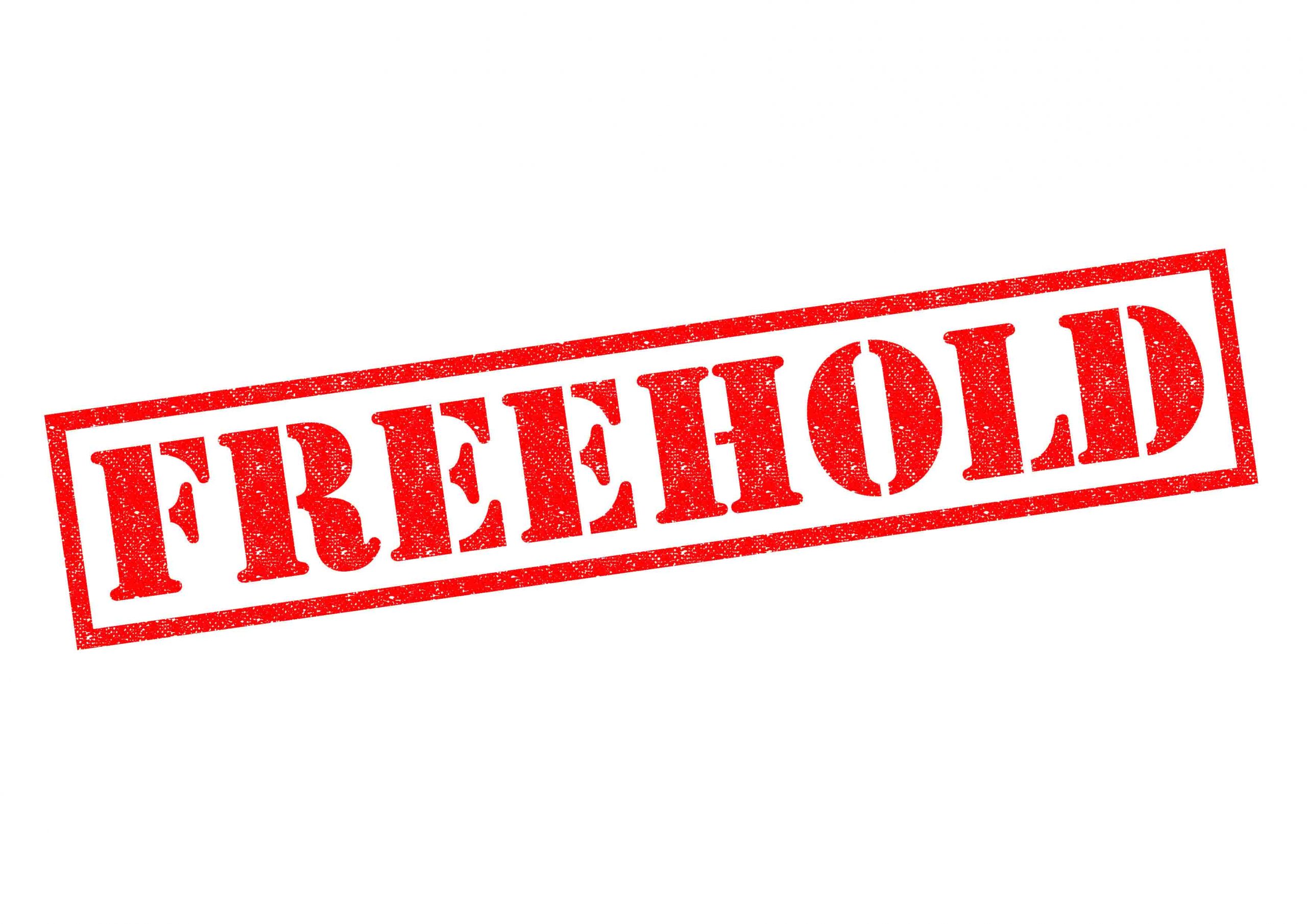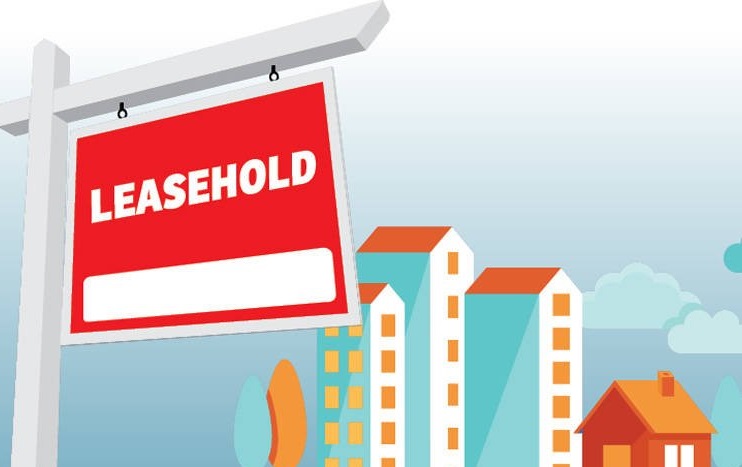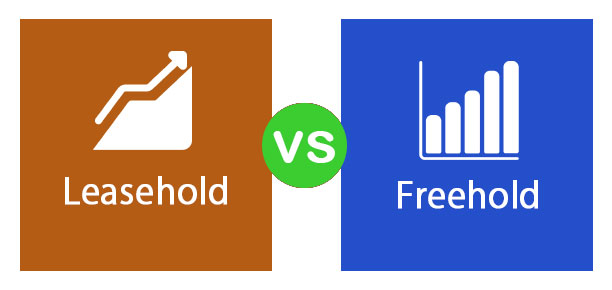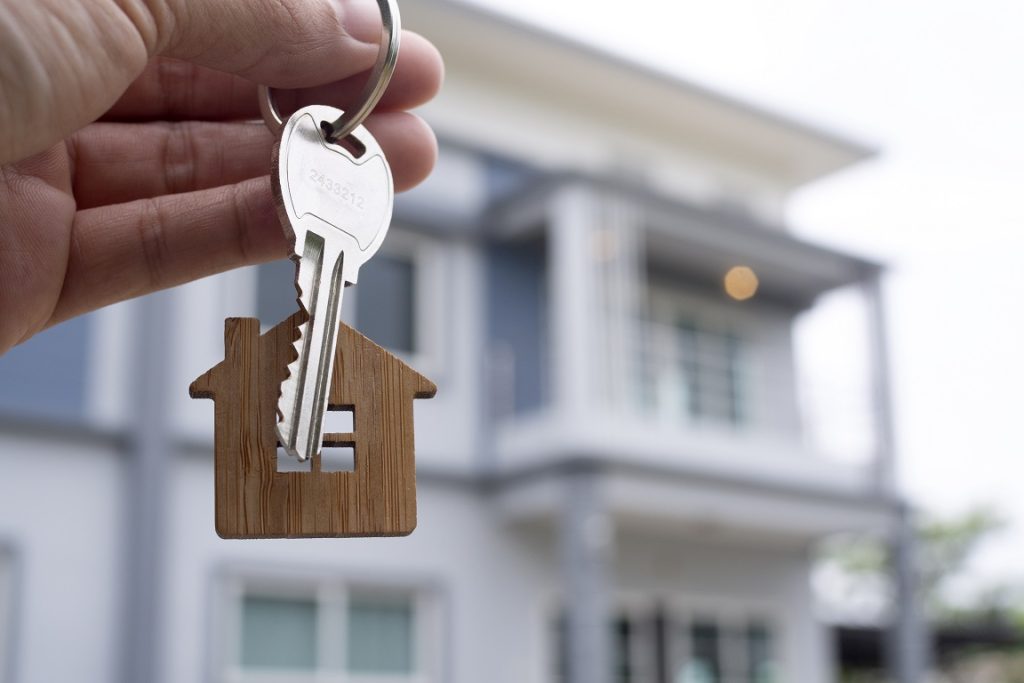If you are wondering what freehold means or what is the difference between freehold and leasehold properties, then you have landed at the right place. Reading this post until the end, you can understand different types of property ownership, such as freehold, leasehold, or leasehold property with a share of freehold. Besides, these properties also vary in terms of maintenance responsibilities, and it affects their cost as well. Read this post until the end to understand what freehold means and how to differentiate it with the leasehold property. Let’s start!
Table of Contents
What is a freehold?
It is owned outright by the freeholder of a house, including the land on which it is constructed. You’re responsible for the maintenance of your property and land if you purchase a freehold, so you’ll need to prepare for these expenses. Most houses are freehold, but some can be rented, usually by schemes of mutual ownership.

Benefits of having a freehold
Having a freehold lets you enjoy the below-given advantages:
- You don’t have to worry about the running out of the lease tenure, as you fully own the property outright.
- Freehold means you don’t need to deal with the freeholder or landlord of the property.
- You don’t require to pay ground rent or any other changes such as services or other landlord charges.
Owning a share of freehold
Along with other leaseholders, you will purchase the freehold from the owner—for instance, other individuals living in a block of flats. You can do this as long as a share purchase is agreed by at least half of the leaseholders. Doing this gives you more leverage over your home and over the expenses you pay. It also means that you can extend your lease for up to 999 years pretty quickly.
Together, you will need to serve the landlord with a Section 13 Notice. Purchasing the freehold could be costly. To run the house, you and the other leaseholders will either need to set up a business or find a managing agent to do it for you.
Commonhold properties
Commonhold is a long-term leasehold option. Property owners may form a collective association that owns the land, construction and common areas. Additionally, the owner is responsible for the repair, management, and maintenance of those areas.
Owners are responsible for their individual flats or homes, much like a leasehold. But, unlike leaseholds, how long you own the property has no time limit. Anyone in the house or estate who owns a freehold is entitled to share in the running of the association of the commonhold. Find out more about common holdings and how to register one in a new window on the Lease Advice website.
What is a leasehold?
In a leasehold, you own the land for the duration of your lease agreement with the freeholder. However, it is subject to the leasehold terms. Ownership belongs to the holder when the contract expires, unless you may prolong the lease.
Most flats and maisonettes are leasehold land, so although you own your property in the house, you will have no equity in the building in which it is situated. There are several houses sold as leaseholds. You own the house, if this is the case, but not the land on which it lies.

Buying a leasehold
When buying a leasehold property, you’ll take over the lease from the previous owner. So you need to consider the below-given points before making an offer:
- The number of years that are left on the lease.
- How you will estimate and manage the service charges and other costs related to the property.
- How will the lease length affect getting a mortgage and the resale value for the property?
Comparison between freehold and leasehold
The below-given comparison can help you to understand the difference between freehold and a leasehold property:

Tenure of ownership
The tenure of a leasehold property can be of 99 years or more. On the other hand, there is no such time duration for the freehold property unless the town planning department interferes.
Approvals required for ownership transfer
In the leasehold property, the transfer of the leases needs permission from the state authority of the governing body. Contrarily, if you own a freehold property, you can transfer it without any limitations.
Rights of owner
If you want to acquire a property on lease, then you need to get it from the owner who has its freehold rights. The owner has full rights over the land, and the building stands on the land.
Advantages Of Freehold Vs Advantages Of Leasehold
Both of the properties have their own set of advantages. Check the below-described list for the same:
Leasehold Advantages
Leasehold properties are cheaper as compared to the freehold properties. These properties can be the best bet as the land titles are fully verified, and there are no conflicts involved. The maintenance responsibility is on the developer, state of the concerned authority so, you can live with the utmost peace of mind. All the flats and apartments are leasehold and are owned by the builders. The lease of the property can be extended with the agreement of both the parties.
Freehold Advantages
Freehold means the property owners do not need to pay the annual rent for the ground. Besides, the owners hold full rights on the property without any restrictions to transfer it further. You are in charge of the property maintenance without needing to depend on anyone else. Freehold properties are more stable as compared to the leasehold ones. This factor increases the value of these properties in the long run as there is no constant headache over the lease to run out.
Frequently Asked Questions On Freehold Property
Below are some important questions related to freehold property people often ask:

How easy or difficult is it to get a home loan for a freehold property?
In general, banks are more likely to lend a home loan to a freehold property than to a leasehold property. When the registration of the property is completed, and it is therefore expected to rise in value, this is because it is considered a safer investment.
Furthermore, banks often show their interest in offering a higher home loan sum for a high market value house. The loan-to-value ratio can be 80 per cent of the freehold property’s market value.
Is It Possible To Convert A Leasehold Property Into Freehold Property?
It is practicable to convert a leasehold property into freehold property. It will need a clear sale deed, a general attorney’s power and a NOC to the property when it is under on rent or mortgage. Furthermore, you will need to pay the conversion charge to the concerned authorities.
Final Words!!
This comprehensive post can help you in understanding the freehold means and its advantages over the leasehold property. If you like reading our posts, then you can get more by paying a visit to our blog section.






Comments are closed for this post.